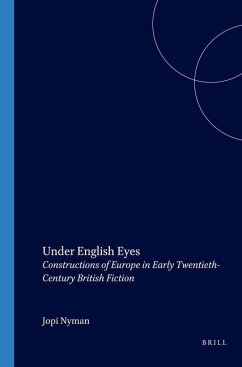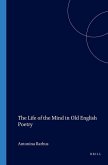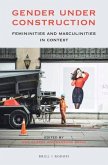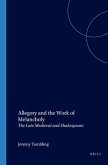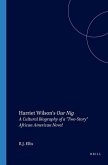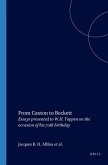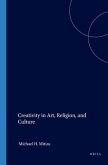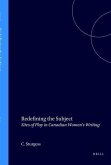British fictions of the early twentieth century appear obsessed with Europe. Various texts from E.M. Forster and D.H. Lawrence to Bram Stoker and the period's travel writing explore European spaces, constructing the European as an Other threatening the position of the English. What they constantly repeat is England's difference and the secondary role of European spaces, whose representation resembles that of colonial lands. By reading selected texts, both canonized and popular, published between 1894 and 1916, this study argues that this xenophobic construction is a sign of the pervading presence of concerns related to the maintenance of English national identity, Englishness, allegedly threatened by the European Other. By drawing on current postcolonial theory, the case studies in the volume show that the discourse on the Other produced in British writings on Europe contributes more than has been understood to the making and promoting of Englishness. The authors studied include D.H. Lawrence, Katherine Mansfield, Anthony Hope, Arnold Bennett, Mrs Alec Tweedie, Erskine Childers, and Joseph Conrad. The study will renew our understanding of the role of Europe in the period's cultural imagination, showing that the identities of the English are formed in encounters with different internal and external Others.
Hinweis: Dieser Artikel kann nur an eine deutsche Lieferadresse ausgeliefert werden.
Hinweis: Dieser Artikel kann nur an eine deutsche Lieferadresse ausgeliefert werden.

